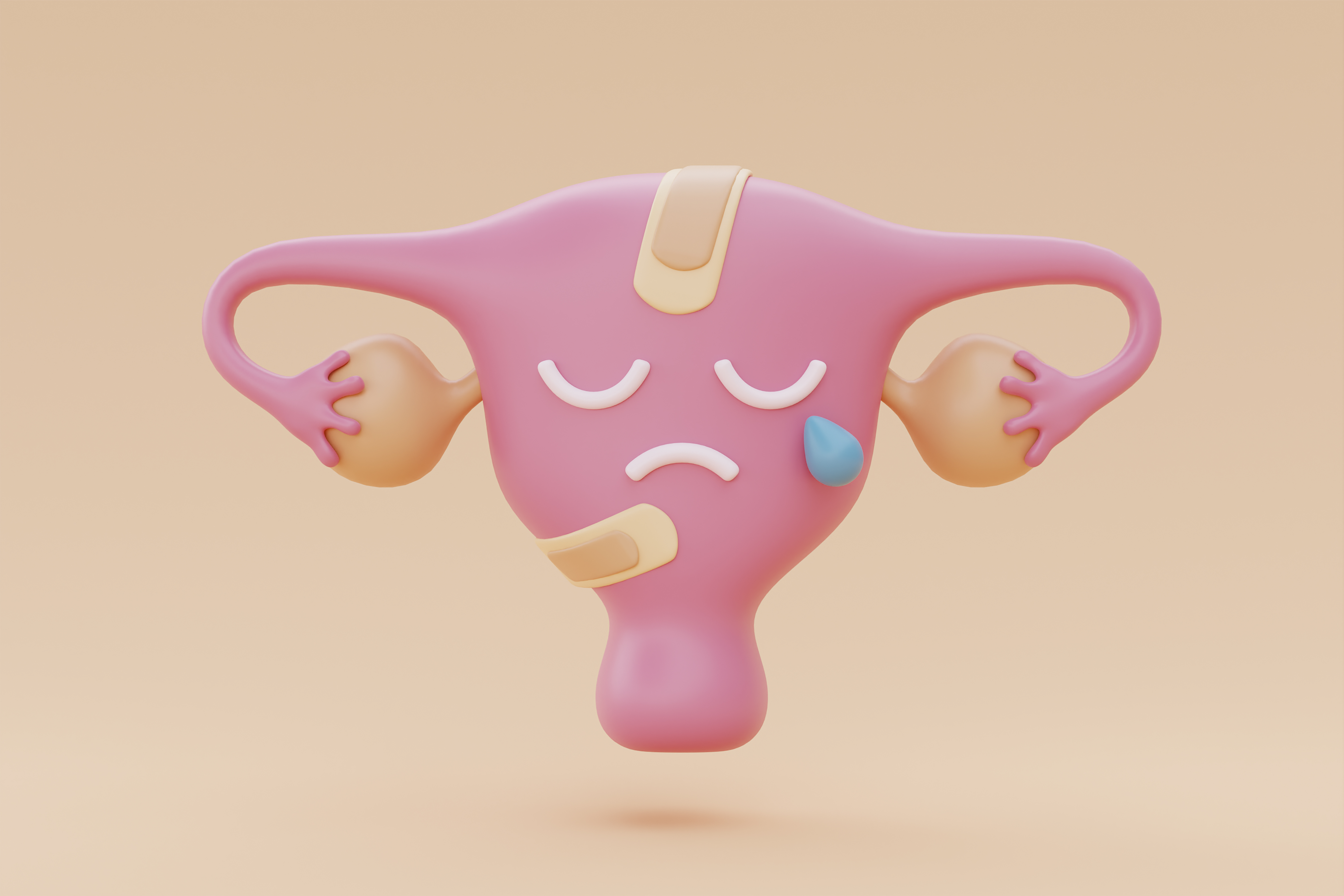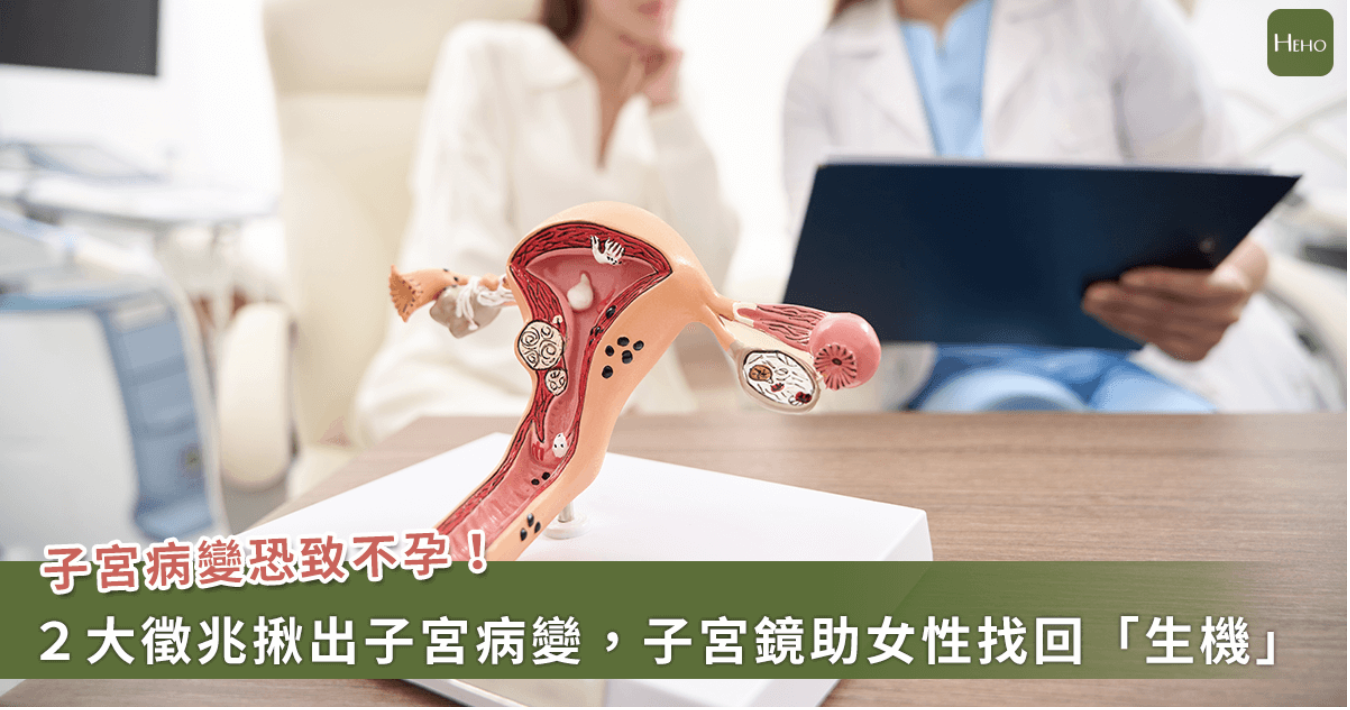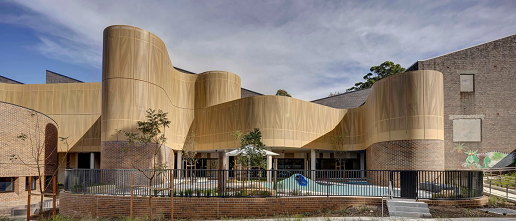Uterine cavity abnormalities such as endometrial polyps, submucosal fibroids, uterine adhesions, and endometrial hyperplasia can not only affect menstruation but also make it difficult for embryos to implant, leading to miscarriage and infertility. However, with advancements in medical technology, these issues can be addressed through hysteroscopic surgery, restoring normal uterine function.

Uterine cavity abnormalities can not only affect menstruation but also make it difficult for embryos to implant, leading to miscarriage and infertility. (Photo via freepik)
A 32-year-old married woman who had been trying to conceive for two years without success experienced menstrual clots and prolonged periods for over a year. Health checks revealed anemia and further examination found a 1.5 x 1.2 cm tumor in the endometrium. The Reproductive Medicine Center at Cathay General Hospital arranged a flexible hysteroscopy, confirming an endometrial polyp, and performed a cold knife hysteroscopy. After the surgery, her menstrual cycle and blood flow returned to normal, and she successfully conceived three months later.
Hysteroscopic surgery is an outpatient procedure typically performed under intravenous sedation, with surgery time ranging from 15 to 60 minutes. Unless the lesion is too large or the surgery is complicated, hospitalization is usually not required, and patients can go home once the anesthesia wears off. Hysteroscopic instruments include hot knives and cold knives. Hot knives remove lesions quickly and stop bleeding easily but can cause endometrial burns, potentially affecting embryo implantation. Therefore, for young, unmarried women or those preparing for pregnancy, cold knife hysteroscopy is recommended to reduce the risk of endometrial burns. Cold knives come in spiral, scissors, and coil types. The spiral knife is quick and safe but requires out-of-pocket payment; scissors and coil knives are suitable for smaller lesions and are covered by insurance.

Unmarried women and those trying to conceive who experience menstrual irregularities or difficulty getting pregnant are advised by doctors to visit an obstetrics and gynecology clinic for examination. (Photo via freepik)
Reproductive medicine doctors advise that unmarried women and those preparing for pregnancy who experience menstrual irregularities or difficulty getting pregnant should visit an obstetrics and gynecology clinic to check for uterine cavity abnormalities and opt for cold knife hysteroscopy whenever possible to quickly restore fertility.







